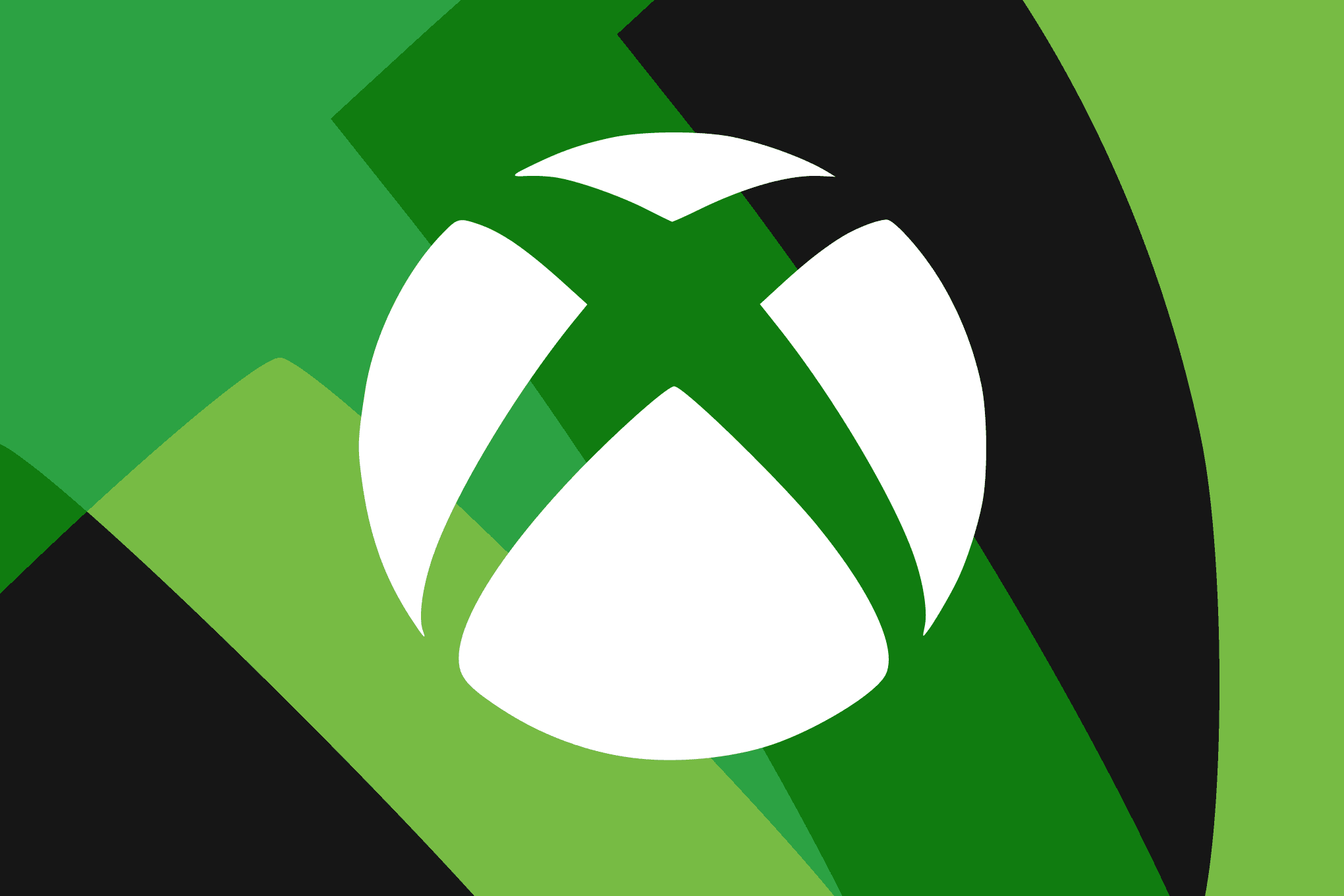Xbox president Sarah Bond just dropped the clearest hint yet that Microsoft's next-generation console won't be a traditional Xbox. Speaking with Mashable about the $1,000 Xbox Ally X handheld, Bond essentially confirmed what industry watchers have suspected - the next Xbox will blur the lines between console and PC gaming, delivering what she calls a "very premium, very high-end curated experience."
Microsoft just made the gaming industry's worst-kept secret official. Xbox president Sarah Bond sat down with Mashable this week and basically confirmed that the company's next-generation console will fundamentally break from traditional console design. When directly asked about rumors that the next Xbox will be more like a gaming PC, Bond didn't dodge. "I can tell you you're right, that the next-gen console is going to be a very premium, very high-end curated experience," she said. "You're starting to see some of the thinking we have in this handheld, but I don't want to give it all away." That handheld she's referring to? The $1,000 Xbox Ally X that's currently testing whether gamers will pay premium prices for hybrid devices. The timing of Bond's comments isn't coincidental. Microsoft has been quietly telegraphing this shift for months, and industry analysts have been tracking the signs. The company already confirmed the next-gen Xbox console won't be locked to a single store, will use an AMD chip inside, and will maintain compatibility with existing Xbox games. But Bond's latest remarks go further, suggesting Microsoft is ready to abandon the traditional console playbook entirely. The strategy makes sense when you consider Microsoft's broader gaming ambitions. "That's why we're working closely with the Windows team to ensure that Windows is the number one platform for gaming," Bond said in June while announcing a multi-year partnership with AMD for a portfolio of Xbox devices. Notice she said "devices" - plural. This isn't about a single next-gen console anymore. Industry veteran Tom Warren from The Verge has been tracking this evolution for over a year, and his sources suggest the next Xbox will be powered by Windows and be part of a broader ecosystem that includes third-party devices Microsoft also considers Xbox consoles. That's a radical departure from the closed-ecosystem approach that's defined console gaming for decades. The $1,000 price point of the Xbox Ally X suddenly looks less like premium pricing and more like market research. Microsoft is testing whether consumers will embrace a future where Xbox devices cost as much as high-end gaming PCs. Early indicators suggest they will - the Ally X has seen strong demand despite its hefty price tag. But this strategy carries enormous risks. Traditional console makers like and have built their businesses on affordable hardware subsidized by software sales and platform fees. By moving upmarket with premium, PC-like devices, is essentially conceding the mass market while betting on enthusiast gamers willing to pay for flexibility and power. The competitive implications are staggering. If successfully creates a Windows-powered Xbox ecosystem that runs both Xbox games and PC titles, it could force and to respond with their own hybrid approaches. We're potentially looking at the end of the console generation cycle as we know it. Bond's promise of delivering "the largest technical leap you will have ever seen in a hardware generation" takes on new meaning in this context. She's not just talking about faster processors or better graphics - she's describing a fundamental architectural shift that could redefine what a gaming console actually is.












